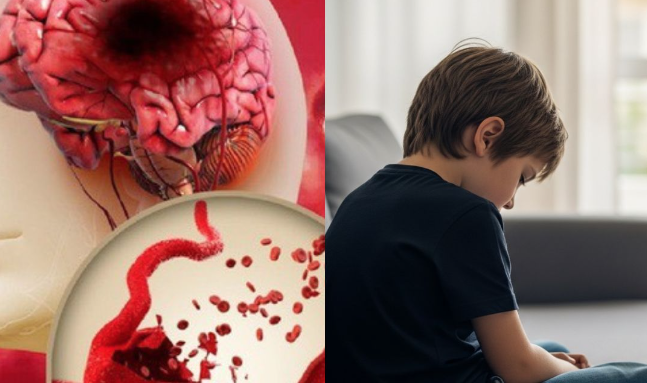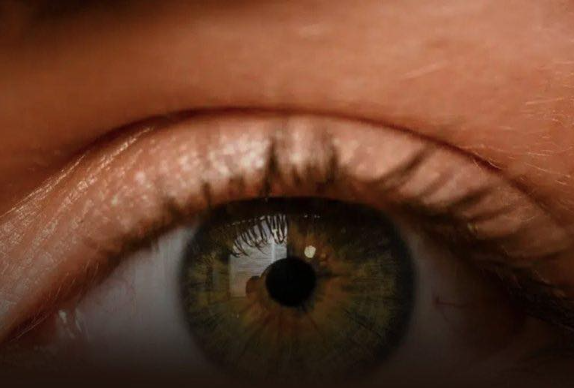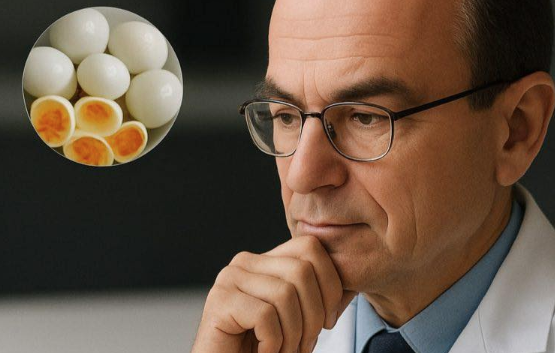Strokes are often associated with older adults, yet the sobering truth is that children can experience them too. A typical morning for a family with a six-year-old became alarming when their child suddenly collapsed shortly after waking. According to the parents, the child experienced a sudden loss of strength on one side of their body before falling to the floor. Fortunately, prompt action led to the child receiving critical medical care at the hospital.
This incident highlights that, while uncommon, strokes in children are a real concern. Each year, thousands of children worldwide face strokes, often overlooked because their symptoms differ from what is typically expected.
Regrettably, many of these cases are either misdiagnosed or treated too late. Medical professionals stress that recognizing warning signs can be the difference between recovery and severe outcomes. Here are four critical signs every parent should know:
1. Sudden Weakness or Numbness on One Side
When a child experiences an abrupt loss of strength or sensation in their arm, leg, or face, it may indicate a stroke. Look for challenges in moving a limb or an uneven smile. Even if the issue appears minor or related to sleeping awkwardly, treat it as urgent and seek medical help immediately.
2. Challenges with Speech or Comprehension
If a child suddenly struggles to speak clearly, form sentences, or understand spoken words, it could point to a stroke affecting the brain’s language areas. While speech changes can be subtle in young children still developing language skills, any sudden communication difficulty warrants immediate attention.
3. Unsteady Movement or Sudden Dizziness
A child who struggles to walk, moves unsteadily, or reports dizziness may be showing signs of a stroke. If your child stumbles, cannot stand firmly, or describes the room as spinning, seek medical care without delay. These symptoms often indicate disruptions in brain areas controlling movement and balance.
4. Seizures or Unexpected Behavioral Changes
Seizures can sometimes signal a stroke in children. If a child with no prior history of seizures experiences one, particularly after waking, contact a doctor immediately. Other concerning signs include sudden confusion, extreme tiredness, or unusual behaviors like hallucinations.
Medical experts are working to increase awareness of these stroke symptoms in children, emphasizing that immediate medical attention is vital, as every moment is critical in such situations.
Please share this information with your loved ones on social media to spread awareness.




